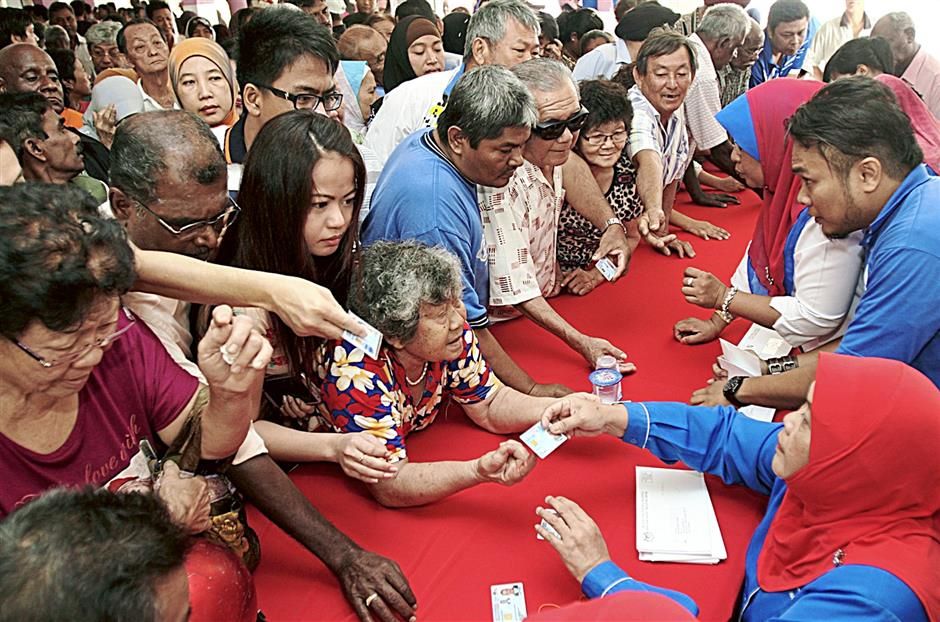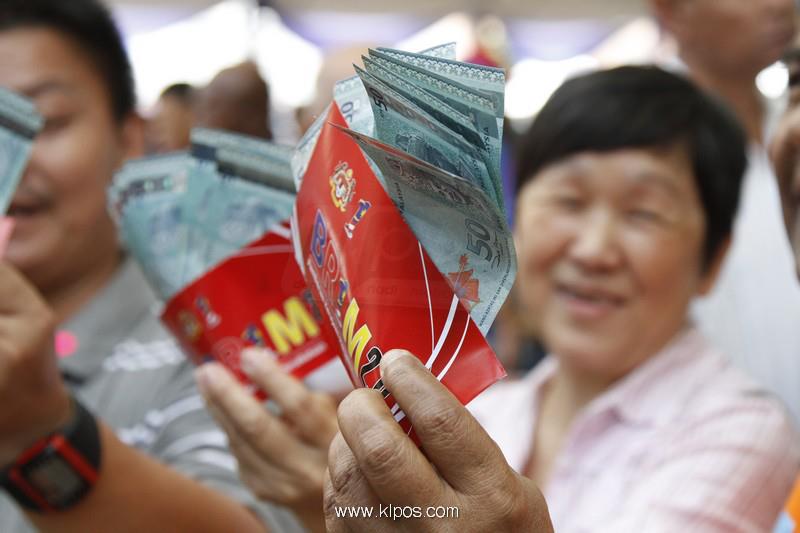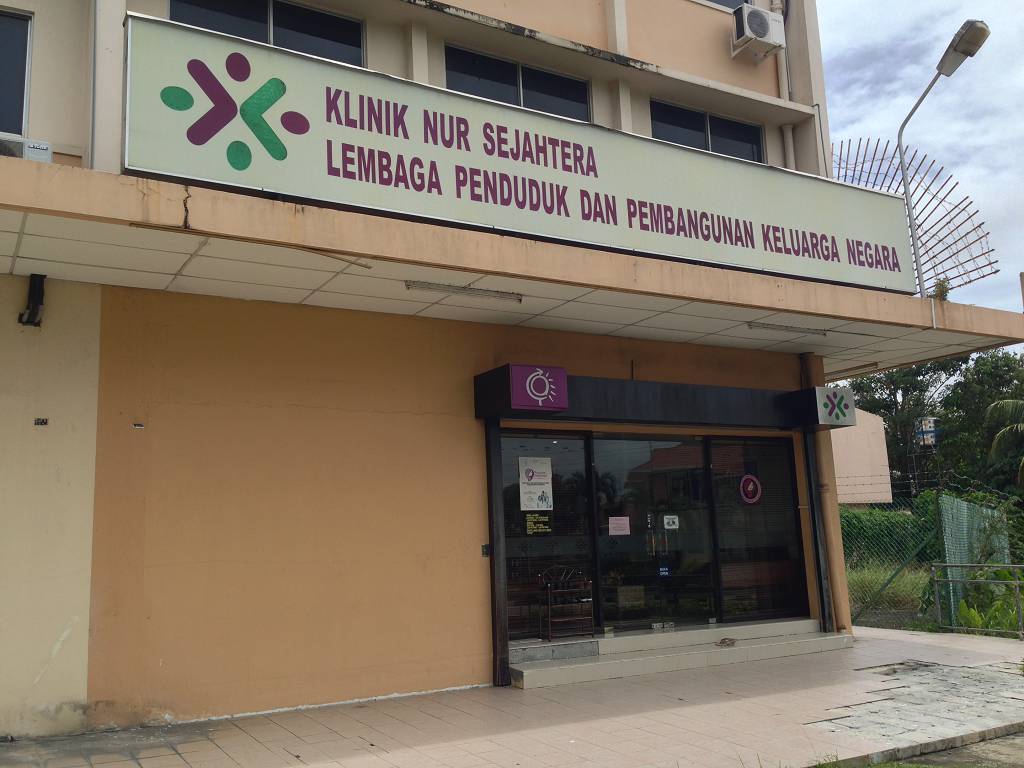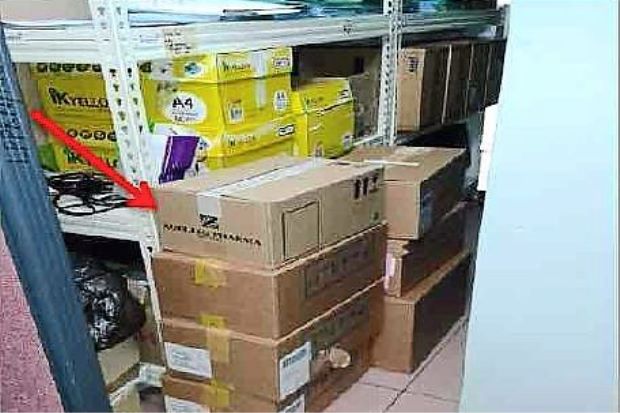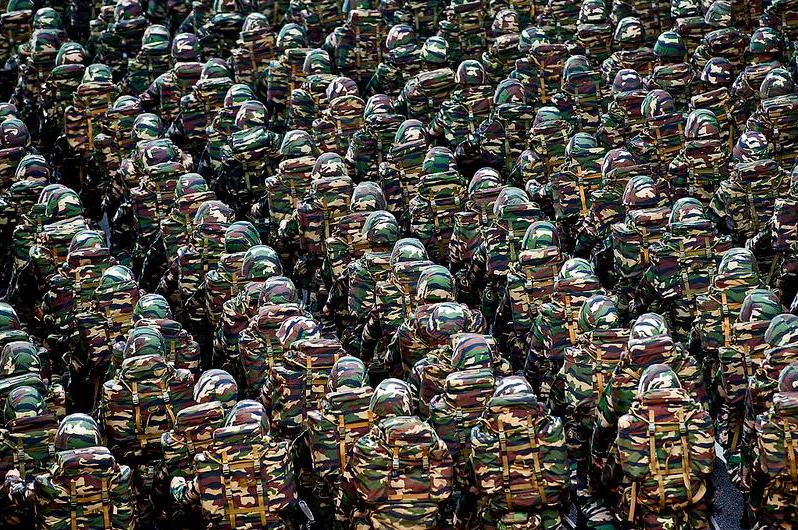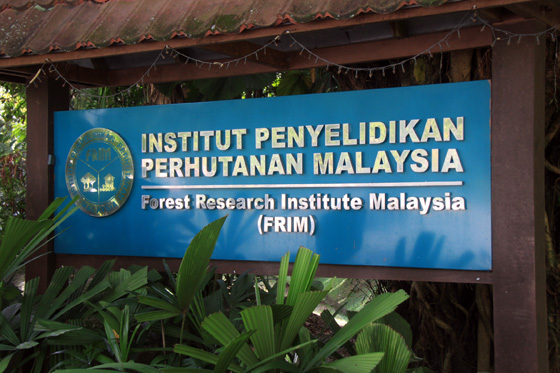First A-G Report Of 2014 Reveals Shocking Truths On How Taxpayers’ Money Is Being Used
The first series of the Auditor-General (AG) Report 2014 tabled on 6 April reveals that there is much room for improvement when it comes to resource management and internal control within ministries and governmental agencies.
1. More than 6,000 people cashed the 1Malaysia People's Aid (BR1M) more than once with fraudulent claims between 2012 and 2014, resulting in the loss of more than RM3 million
2,188 recipients for BR1M had cashed in their vouchers more than once amounting RM1.11 million in 2012. A total of 2,490 recipients did the same in 2013, which amounted to RM1.14 million and 1,899 recipients in the following year (2014) amounting to RM1.09 million.
As of 31 December 2014, more than 70% of recipients who've cashed their vouchers more than once had failed to refund the Finance Ministry - 1,555 people for BR1M 2012, 1,850 people for BR1M 2013 and1,401 people for BR1M 2014.
According to the report, multiple BR1M claims were made possible due to banks failing to establish links to their own online database when payouts were made via offline mobile counters
“From interviews with coordinating officers that directly handled BR1M, it was found that during BR1M voucher distribution ceremonies, banks opened their mobile counters offline. Banks only brought a list of approved applicants, cash and authorisation stamps," the report explained.
“Payment was made to approved applicants by cross-checking their names to the list, without checking the online database. This move gave the opportunity to BR1M recipients to claim more than once."
The report further suggested that the Finance Ministry prevent multiple payouts by introducing approval letters and crediting payments directly to recipients' bank accounts as well as to update the standard operating procedure from time to time
The audit suggested that Finance Minsitry increase awareness among recipients on the requirement to open a bank account to channel cash assistance directly into their account and to update the standard operating procedure from time to time, consistent with improvements made to the BR1M programme each year.
Lastly, it suggested replacing the BR1M vouchers with approval letters for recipients without bank accounts to prevent the recurrence of double cashing of BR1M vouchers.
2. Several governmental clinics have been said to be "endangering patients" with their use of sterilising equipment worth about RM124,500 with fitness certificates that expired between three months to nine years ago
Eight clinics under the National Population and Family Development Board's (LPPKN) Klinik Nur Sejahtera programme have been using improperly serviced autoclave machines with certificates of competency that had expired up to 100 months ago as the officers responsible had failed to review the expiry dates of the certificates.
The audit also found that the clinics had purchased over RM5.41 million worth of medicines, more than RM1.13 million over the permitted sum. Certain assets were also discovered to be either underutilised or are in bad conditions.
“We discovered that due to a lack of planning, there was a procurement of RM5.41mil in medicines for the first two years – RM1.13mil over the permitted sum,” it said.
thestar.com.myDuring a visit to seven of the 59 Nur Sejahtera clinics, the National Audit Department also found that 10 assets worth RM30,275 had not been used since they were acquired between 2003 and 2013, while 21 assets worth RM173,485 were in bad condition despite complaints lodged.
The report also revealed some procedural slip-ups with the clinics - medicines are stored alongside stationery and disposable items, while medical stock and supplies are handled by unauthorised personnel
The report revealed how contraceptives and pills were stored together with stationery, disposable items and unused assets at the board’s storage facility when “a separate space should have been made available”.
thestar.com.myThe A-G also chided the clinics for only utilising trained nurses to dispense medicine and contraceptives, when Section 21 of the Poisons Act 1952 states that only medical officers and pharmacists may do so.
In reply, LPPKN said that there are 84 part-time medical officers in service, but this was still not enough.
3. The Communication and Multimedia Ministry paid RM88.13 million to three contractors for an incomplete broadband project in East Malaysia
Esajadi Sdn Bhd, Jaring Communications Sdn Bhd and Celcom Axiata Berhad were hired to install 935.6 kilometres of fibre optic network in East Malaysia, but fell short of the target by 45.37 kilometres.
In response to the National Audit Department, the Communication and Multimedia Ministry said that the three contractors had agreed to extend the fibre optic network to meet requirements stipulated in their contract, at no additional cost.
4. The Malaysian Armed Forces spent over RM112 million to charter flights from Malaysia Airlines and AirAsia for its officers, but more than RM375,000 went up in smoke due to last minute no-shows
Between 2011 and September 2014, the Malaysian Armed Forces spent over RM112 million to charter flights from Malaysia Airlines and AirAsia to shuttle its personnel between Peninsular Malaysia and East Malaysia, but saw as many as 1,138 officers failing to appear between 2011 to September 2014.
The report said only 59 officers managed to replace those who had changed their plans.
"The 1,079 users that could not be replaced resulted in the government wasting RM375,262 (0.3%) of the total RM112,284,293 paid to MAS and AirAsia," read the report.
In its reply to A-G on February 12 and March 5, the Defence Ministry said 85 of the 1,079 officers were told to pay surcharges totalling RM22,780, another 60 personnel were still under investigation, 11 had valid reasons for not making the flight, while 14 had missed the flight due to airlines’ errors.
5. Assets amounting to more than RM1 million belonging to the Forest Research Institute Malaysia (FRIM) were found to be underutilised, badly damaged, or completely unusable
FRIM has yet to utilise data observation equipment acquired at the cost of RM570,000. Moreover, the equipment was not even installed at FRIM’s tower and gateway house as it should be. It was also said that the gateway house - worth RM74,200 - was abandoned, neglected and badly damaged with traces of intrusion and theft.
A solar dryer (worth RM229,800) that was installed at the Postharvest Technology Centre, Maran is unusable due to the absence of Reverse Osmosis (RO) water supply. The report stated that the use of ground water is not suitable because it contained microbes that could affect the quality of samples of products produced.
In addition, research and herb processing equipment amounting to RM243,520 was also left unused at the centre, including an automatic herb washer worth RM89,305 purchased in 2008.
6. Poor planning from the Ministry of Home Affairs resulted in the purchase of furniture for an incomplete Royal Malaysia Police battalion camp amounting to more than RM750,000. Payments were also found to have been supported by forged documents.
“Full payments amounting to RM760,150 were made on December 24 and December 27, 2013, although the furniture purchased was not yet supplied and the payments were supported by forged documents,” the report said.
The auditor-general also noted that local bidders were not invited to give their quotations and the procurement was not done through the government procurement regime – panel system of central contract.
In its feedback, the Ministry of Home Affairs said initial investigations found that weak internal control which resulted in falsification of support documents in payment and ‘improper payment’, which led to the acquisition of the furniture even before the redevelopment of the Simpang Renggam PGA Battalion Camp 5 in Johor was completed in March 2015.
